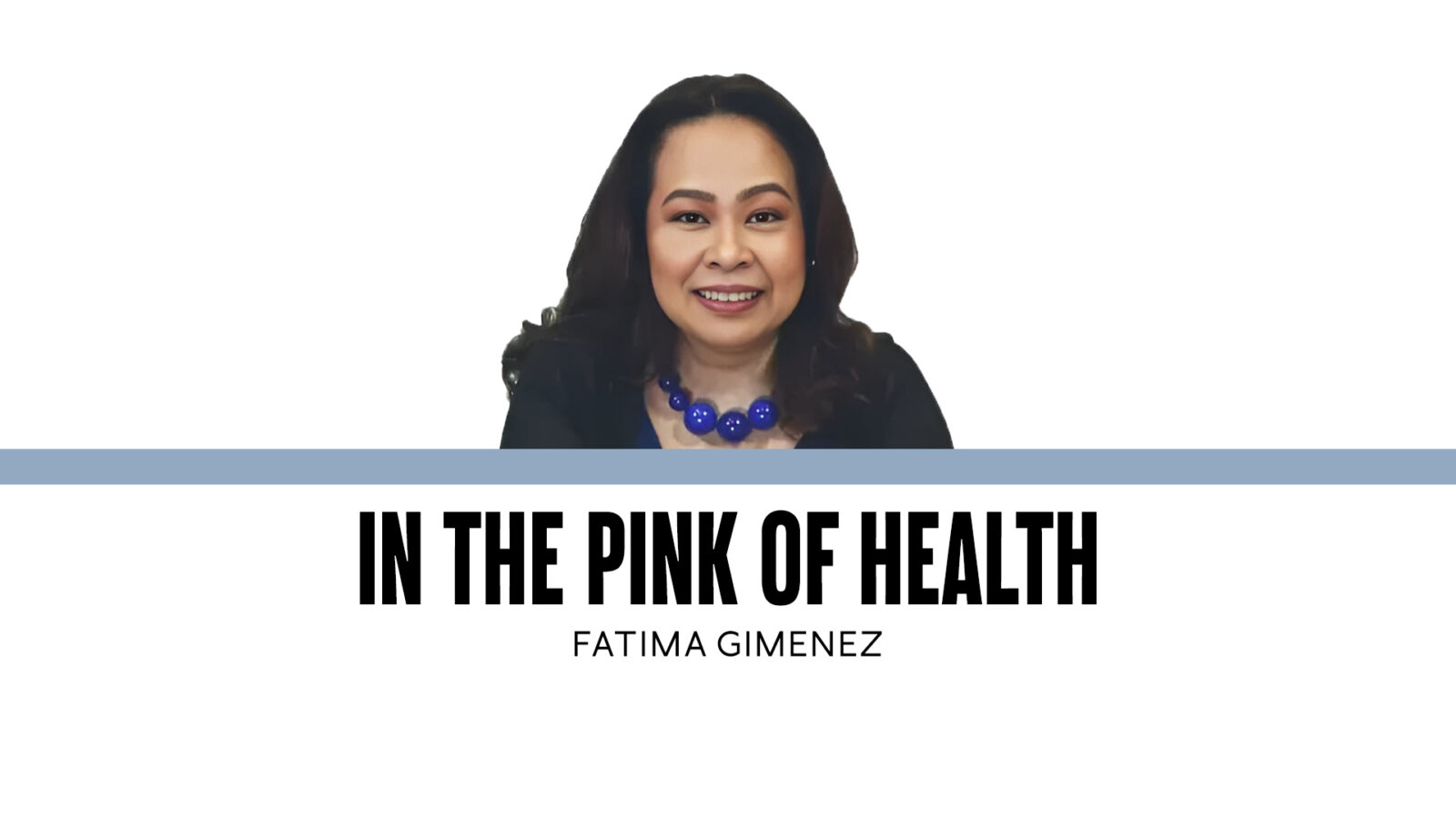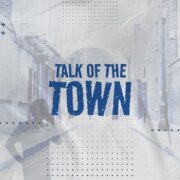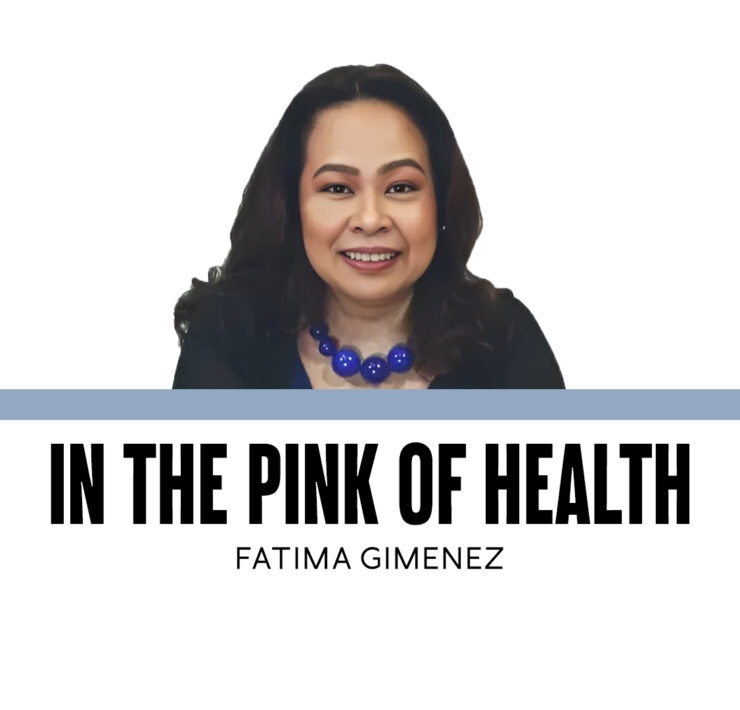Parental guidance

I bring this concern to everyone’s attention because of the many others that may be happening but go unnoticed, or worse, dismissed. While we may be more familiar with seeing and hearing about the maltreatment of children, how many have heard of horrific stories involving the elderly?
It is a fact that we are an aging population, and as we move forward toward the pre-departure gates, all of us can be vulnerable. The gradual loss of mobility, diminishing physical health and mental faculties, and dwindling finances from retirement from the workforce are some of the realities that will need to be addressed and more importantly, prepared for. While this may not be a primary concern for those who have the means to provide for themselves and their loved ones, think about the majority of our population who don’t. To be able to find people who are willing to take on the role of a caregiver usually comes with a hefty price, but the most challenging part is to find individuals who will treat your family as their own.
To give concrete examples, a colleague of mine shared that their monthly expenses to provide care for their father, a joint and loving effort from all her siblings, involve a monthly budget of P200,000. A relative from the US had to move his wife to the Philippines because he could not afford the price of personalized care and knew that his dollars would have more buying power if they came home. His expenses are in the same range as those of my colleague, but what is extremely difficult is that he does not have the same support system. His children are thousands of miles away and living their own lives. While there is no doubt about the love they have for their parents, nothing can compare to the comfort and assurance that their physical presence provides.
If you are wondering about numbers, in a systematic review and meta-analysis of elderly abuse in community settings by Yon et al. in 2017, one out of six older adults was affected worldwide.
Abuse of older people or elderly abuse, as lifted from the World Health Organization’s website, is defined “as a single or repeated act or lack of appropriate action occurring within any relationship where there is an expectation of trust, which causes harm or distress to an older person. This type of violence constitutes a violation of human rights and includes physical, sexual, psychological, and emotional abuse; financial and material abuse, abandonment, neglect; and serious loss of dignity and respect.” Psychological abuse was reported as being the most prevalent.
The consequences of any type of violence committed may be more devastating than what can be physically seen. The scars may run deeper than what they would like to let people know or see—at times keeping this closely guarded information from their closest family members. What could be more painful than to learn that they tolerated the abuse because of their perceived total dependency and their concern about being a burden or a cause of worry?
So how do we prevent this from happening? While there may have been sad stories, there are still heartwarming ones that will keep us believing how love for our elderly can run deep.
We can all begin by becoming more sensitive and aware of their needs by lending a listening ear. Far from the material comforts that we can provide, we need to give them the one thing that money cannot buy, which is the gift of time. As a family, we should have a clear delineation of responsibilities and we should be accountable. There should be transparency and open lines of communication so expectations about a loved one’s care are managed. This sets the stage for avoiding disappointment or being involved in a blame game in the event that something may not go as planned. Let us spare them from things that are minor irritants. Learn to filter and free them from your concerns. You are adult enough to find solutions on your own. Give them space and time to breathe and enjoy what is left of their years.
It is also important to acknowledge that they are persons of their right and would still want to have a semblance of control of their destiny. Sometimes, in our eagerness to free them from responsibilities, we take away their purpose.
Honor thy father, thy mother, and thy elder. Every one of us will have our own unique way of showing our respect and our love. There is no timeline, no ending, or such a thing as having finished an obligation.
I am one of the few fortunate ones who have known their grandparents on both sides. My parents showed me how to love them, not merely through words that are easily forgotten, but through their countless actions when they lived in our home in their twilight years. Find that opportunity to care for them so you could understand and experience how it feels to be truly blessed.


















